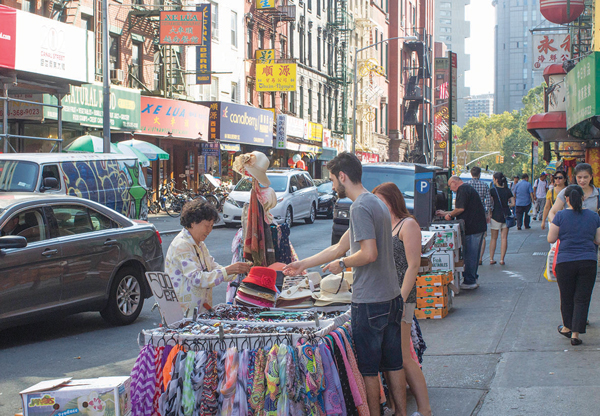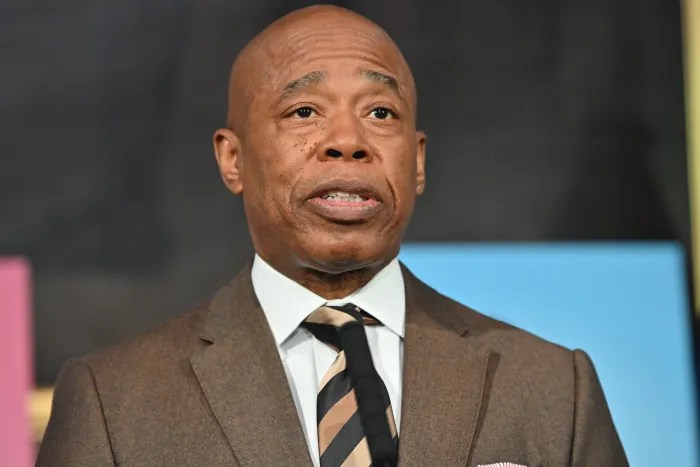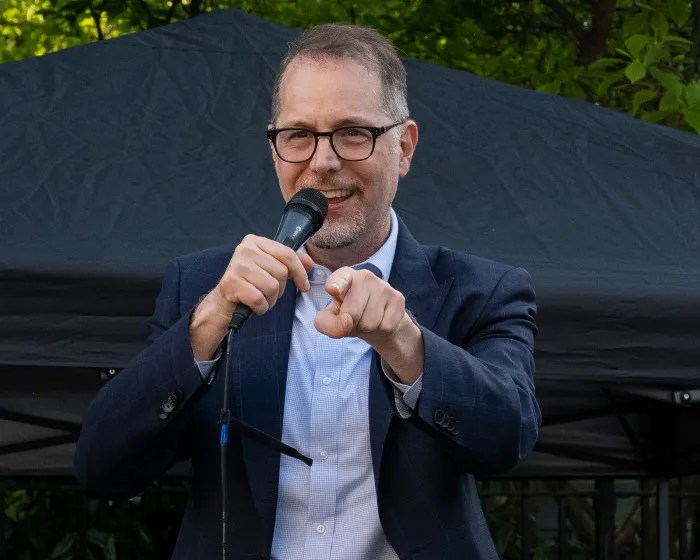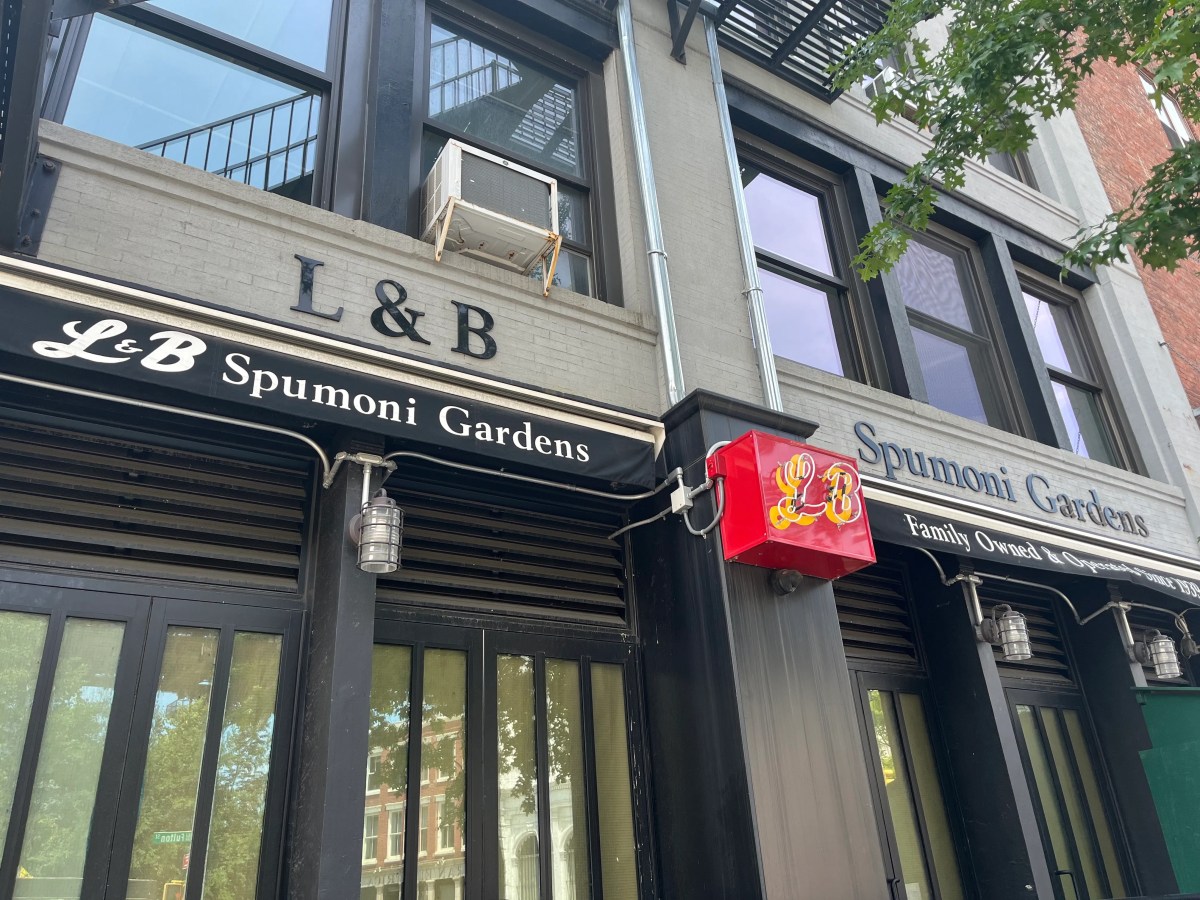
BY ZACH WILLIAMS | Legislation before the City Council would make street vending a bit more of a family affair.
The proposed measure would allow the city Department of Consumer Affairs to transfer general vending licenses to family members of the original license holder in the event of death, illness or incapacitation. But with a fixed cap of 853 on the number of vending licenses issued by the department to nonveterans, it remains unclear what implications the proposed legislation would have on the 1,214 people currently waiting to acquire one on a closed waitlist.
“It seems like a commonsense measure,” said Sean Basinski, director of the Street Vendor Project at the Urban Justice Center, which worked with Councilmember Margaret Chin’s office to craft the legislation.
Inspiration for the changes arose after local politicians took up the cause of Chun Yin, a Chinatown vendor who dodged arrests and tickets for years because her husband was ill and she could not legitimately use his license, the New York Times reported on June 13. D.C.A. Commissioner Julie Menin, former chairperson of Community Board 1, issued a temporary transfer of Yin’s license following inquiries from Borough President Gale Brewer and Chin, according to the Times.
“Vending is a tough job. They are out there in all kinds of weather just to make a living and survive,” Chin said of her motivation for sponsoring the legislation which now has six co-sponsors.
Additional adjustments to the permitting system may be needed to mitigate any negative effects on wait-listed applicants, she said. However, the proposed changes meet an important need for some vendors, she added.
“That is something we have to work on,” Chin said of tweaks that may be needed. “But this particular legislation really tries to help families like Chun Yin and other vendors in similar situations.”
According to the legislation, family members would have to prove that a permit holder were ill, dead or otherwise incapacitated, and that they are a dependent domestic partner, child or spouse of the permittee.
According to Basinski, the changes currently would affect a “relatively small” number of vendors. However, more suggested changes in street vending regulations will likely be announced in the fall by the Street Vendor Project, he said. Raising the cap on the number licenses will be a part of that, he added.
Vending permits are an important avenue through which recent immigrants can get on their feet, according to Basinski.
City officials are currently reviewing the proposed legislation, according to D.C.A. The department has issued 2,646 general vendor licenses, which are required to sell goods or services in a public space. The current cap on nonveteran licenses was set at 853 under a 1979 law passed by the City Council.
However, there is no limit on licenses issued to veterans. In certain circumstances, a veteran can transfer his or her license to a family member, according to D.C.A. If the proposed legislation is passed, that ability would be expanded, and nonveterans would also be allowed to do it.
Some veterans vending on Canal St. on the afternoon of Mon., Aug. 25, were against nonveteran members enjoying some of the privileges previously awarded only to them, such as having a spouse or child support them financially when a license is transferred.
“They dominate all over,” said Frank, an Army veteran, of nonveteran vendors. “We can’t even put a table [down].”
However, Albert Burton, an Army veteran, offered, “Everybody’s got to eat.”
“I think that if everybody got the right to vote, they got the same rights that other individuals have,” he said. “If I can get it, they should get it.”






































